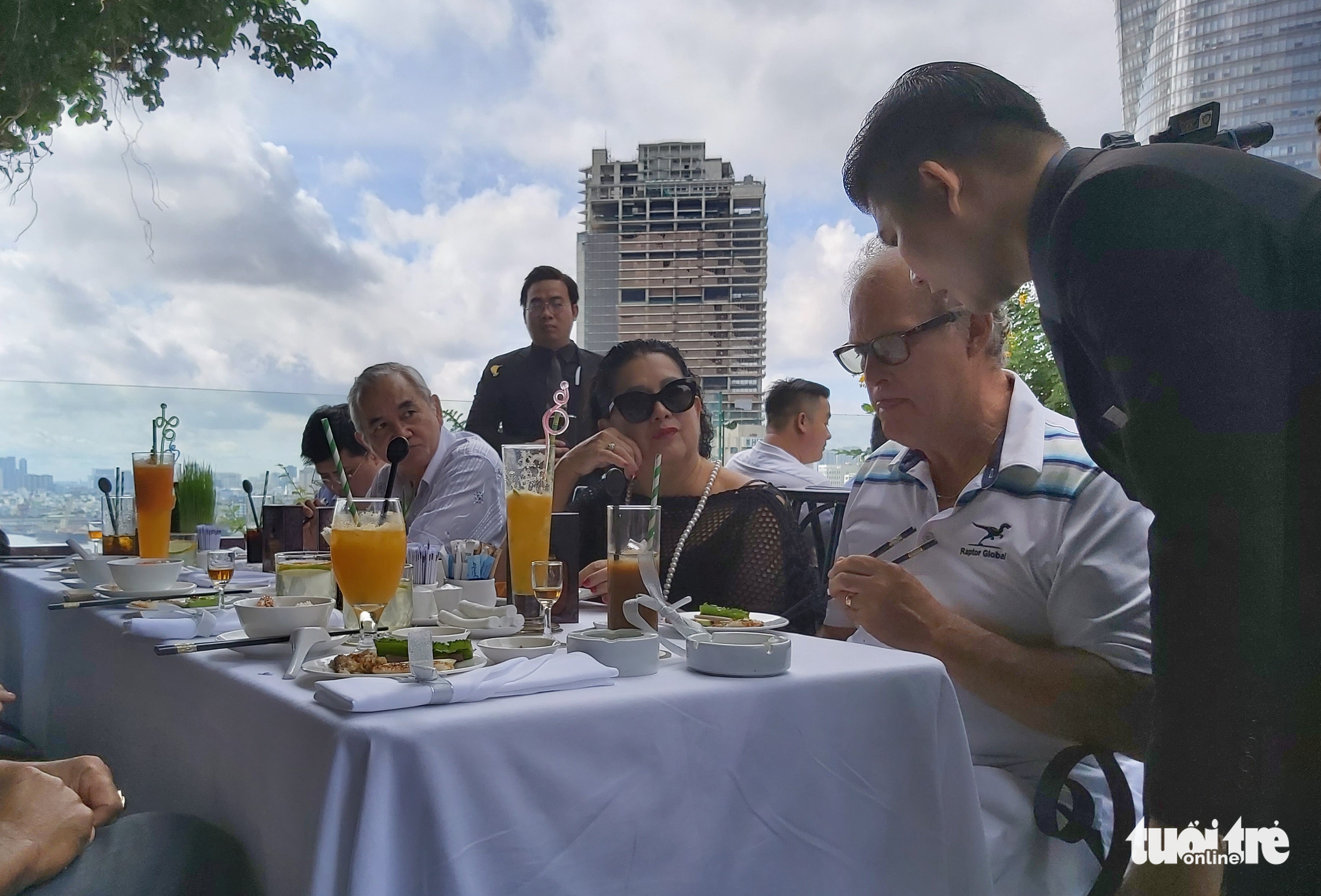The dearth of human resources in the hospitality industry is posing big challenges to operators of accommodation establishments in Vietnam, especially when they are expecting to welcome a large number of tourists following the COVID-19 pandemic.
Four months after the country’s full reopening, more than 90 percent of accommodation establishments in Vietnam have resumed operations, Nguyen Thanh Binh, deputy head of the Hotel Department under the Vietnam National Administration of Tourism, said at a seminar on Tuesday.
All hotels in the country are expected to be put back into operation by the end of the year, Binh continued.
In June and July, the average occupancy rate on weekends was over 55 percent and was between 25 and 50 percent on weekdays.
Hotels and resorts at popular beaches reported a higher overall occupancy rate, at 70-95 percent on weekends and over 60 percent on weekdays.
In famous destinations such as Ha Long, Sa Pa, Quy Nhon, and Phu Quoc, the occupancy rate of local accommodation establishments exceeded 95 percent during peak times.
In contrast to the bustling activities, the workforce in the hospitality industry has declined in both quantity and quality compared to 2019, Binh stated.
The main labor force at accommodation establishments is less than 400,000 people, meeting more than 70 percent of the demand if the average occupancy rate is less than 50 percent.
The shortage of personnel was more serious during peak times such as holidays, Lunar New Year, and weekends.
“There is a serious shortage of highly qualified human resources, especially senior management positions,” the official elaborated.
The imbalance in human resources among regions also led to a drop in service quality in emerging destinations.
The quality of hospitality personnel following the COVID-19 pandemic is low because most employees are inexperienced and not properly trained, according to Nguyen Thi Thanh Thuy, a senior official of Silk Path Group.
There was fierce competition among hotels in the recruitment of employees and talents.
The quality of accommodation establishments depends largely on the capability, attitudes, thinking, and professional skills of employees, Thuy said.
The country's tourism industry is witnessing a 'great recruitment drive' as many travel agencies, hotels, restaurants, and service establishments are hunting for workers, said Nguyen Anh Tuan, director of the Institute for Tourism Development Research.
Businesses reported that their current workforce can only meet about 50-60 percent of the market demand, while the recruitment has been challenging because many of their old employees already secured new jobs in other sectors.
Universities and colleges in the hospitality sector are also having a hard time enrolling students, Nguyen Quyet Thang, dean of the department of tourism, restaurant, and hotel management at the Ho Chi Minh City University of Technology (HUTECH).
After the pandemic, many families shy away from letting their children pursue a tourism and hospitality career due to a high jobless risk, Thang added.
Like us on Facebook or follow us on Twitter to get the latest news about Vietnam!



















































